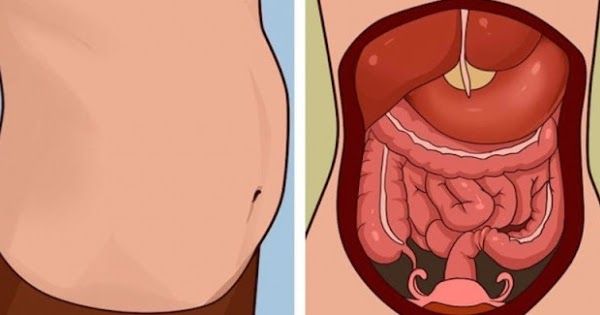ADVERTISEMENT
3. Watch Your Gas Intake
Believe it or not, swallowing gas and air can contribute to bloating. Carbonated beverages are a major source of gas, as they contain dissolved gases. So be mindful of how many fizzy drinks you consume. Swallowed air can also lead to bloating, so try to avoid actions like chewing gum or drinking through a straw.
4. Limit Gas-Producing Foods
Certain foods are known to contribute to gas production in the digestive system, leading to bloating. If you notice that certain foods consistently make you feel bloated, try avoiding them. Additionally, consuming fatty foods can slow down your digestion process, making bloating more likely.
5. Consider a Low FODMAP Diet
Research has shown that following a low FODMAP (Fermentable Oligosaccharides, Disaccharides, Monosaccharides, and Polyols) diet can greatly reduce bloating in people with Irritable Bowel Syndrome (IBS). This common digestive disorder affects about 16% of the population. Foods high in FODMAPs include wheat, onions, garlic, broccoli, cabbage, cauliflower, artichokes, beans, apples, pears, and watermelon.
6. Be Wary of Sugar Alcohols
Sugar alcohols, found in many sugar-free products, can cause digestive issues and bloating when consumed in large amounts. Pay attention to your intake of sugar-free chewing gums and other foods that contain sugar alcohols.
7. Try Digestive Enzyme Supplements
Over-the-counter digestive enzyme supplements can be helpful in reducing bloating and other digestive problems. These supplements aid in breaking down certain food components, making digestion easier on your stomach.
8. Address Constipation Promptly
Constipation can worsen bloating symptoms, so it’s important to seek medical attention if you experience it. Increasing your intake of magnesium and engaging in physical activity can be effective in relieving constipation and reducing bloating.
9. Harness the Power of Probiotics
Clinical trials have shown that certain probiotic supplements can be beneficial for reducing gas production and bloating in people with digestive issues. Consider incorporating probiotics into your routine to support a healthy gut.
By implementing these 9 strategies, you can take control of your bloating and find relief. Remember, everyone’s experience is unique, so it may take some trial and error to find the strategies that work best for you.
ADVERTISEMENT
